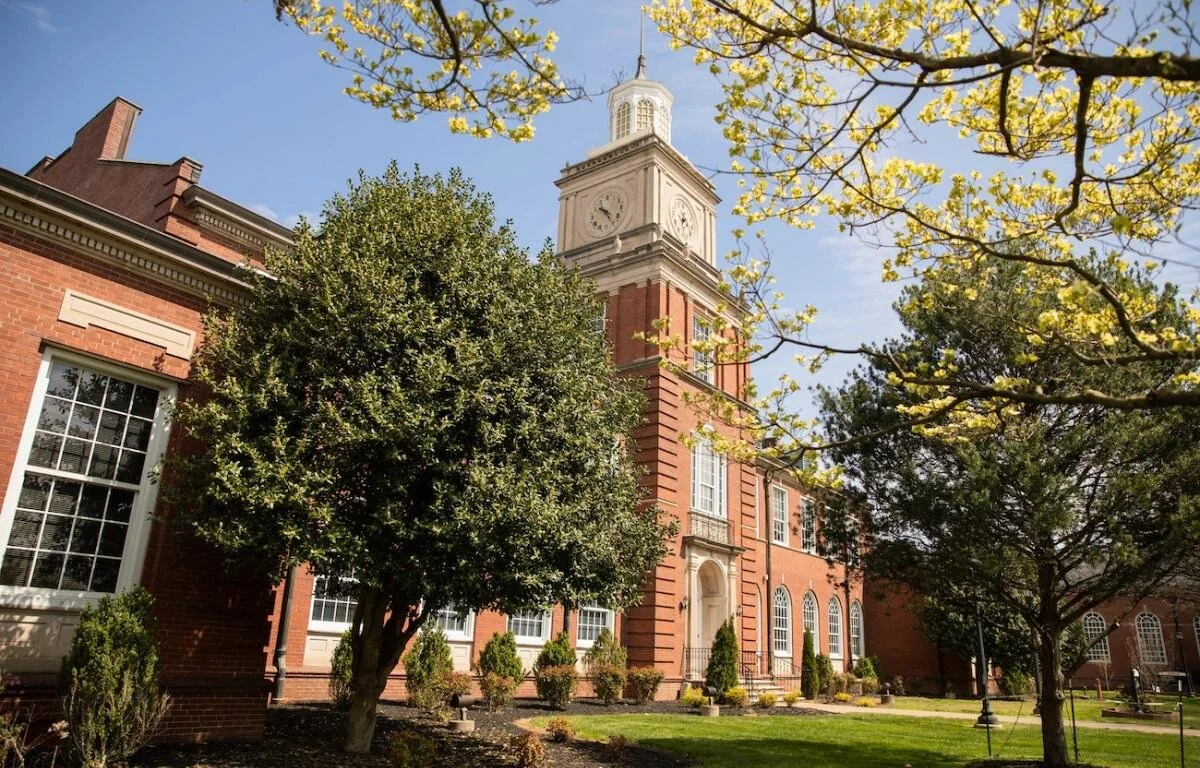Theatre Professor Fired Over Social Media Post About Charlie Kirk Shooting
Austin Peay State University has fired a longtime professor after he reshared a social media post about the shooting of conservative commentator Charlie Kirk.
The Tennessee university said Darren Michael, a theatre professor who joined APSU in 2007, was terminated following posts that officials called “insensitive, disrespectful, and interpreted by many as propagating justification for unlawful death.”
APSU President Mike Licari said the content did not reflect the school’s commitment to respect and human dignity. In a termination letter dated Sept. 12, the university cited “significant reputational damage” caused by the posts.
The post reportedly included a screenshot of a 2023 Newsweek headline in which Kirk said gun deaths were “unfortunately” worth it to preserve the Second Amendment. The exact content of Michael’s reshared post was not released by the university, though screenshots circulated online.
Michael is also a published playwright and had taught at APSU for 18 years.
Stories like this remind us how thin the line has become between personal expression and professional accountability. A post can feel like a small gesture in the moment, yet the ripple effect can be enormous.
In the wake of the shooting, scrutiny around online commentary has only intensified. Emotions are raw, reactions are magnified, and institutions are especially watchful of how their faculty and staff engage in public discourse. A post that might have gone unnoticed under different circumstances can quickly draw national attention when tied to a high-profile incident. The environment itself heightens sensitivity, making words feel louder and actions appear sharper.
Resharing content is particularly fraught in this climate. Without commentary, tone, or explanation, others may read it as approval or endorsement. Even when the intent is to critique, screenshots travel without context. Once they circulate, perception matters more than intent, and perception spreads fast.
For professionals, especially those connected to public institutions, the challenge is recognizing that platforms once viewed as personal are now extensions of public identity. Universities in particular are sensitive to reputational risk, and the heightened environment after violent events leaves little margin for misinterpretation.
Another dimension worth noting is the permanence of digital footprints. A post or share may take only seconds, but its life span can be indefinite, just ask Mr. Michael about that. Content that feels like part of a fleeting online conversation can resurface years later, disconnected from its original context. That permanence means individuals must now weigh their words with the same care they would in a lecture hall, courtroom, or press conference.
The broader lesson is not to disengage from social media, but to pause before hitting “share.” Ask: Could this be read in ways I do not intend? Would I be comfortable with this appearing in a headline, or tied to my employer’s name? These questions are not about silencing ourselves, but about being mindful of how words land in an environment where the line between private thought and public statement is razor thin.
Ultimately, the digital world does not easily allow for separation between personal voice and professional role. That does not mean avoiding tough conversations, but it does mean approaching them with clarity, context, and awareness, especially in times of heightened sensitivity. The case at APSU is one example of how swiftly online expression can shift from personal opinion to professional crisis, and why reflection, more than reaction, has become the most valuable tool in navigating the modern public square.
